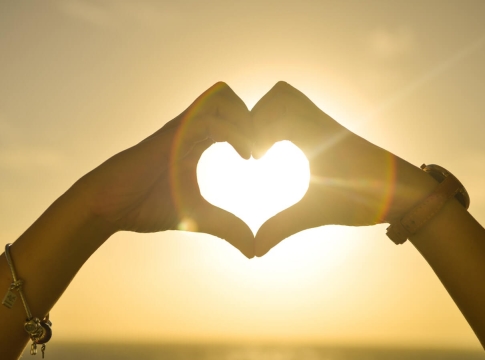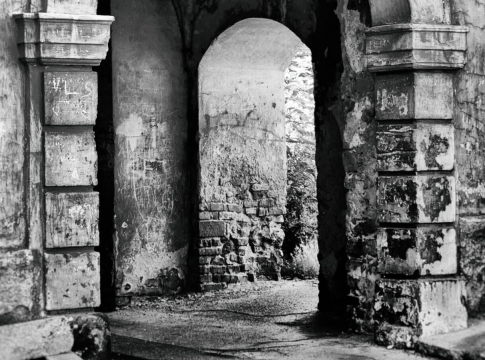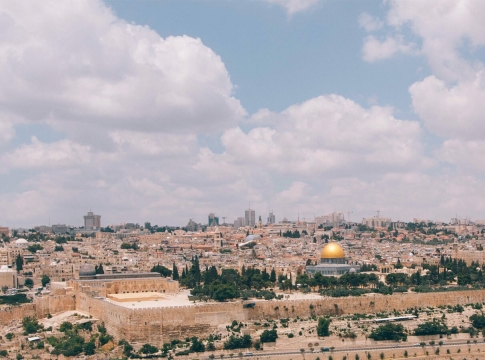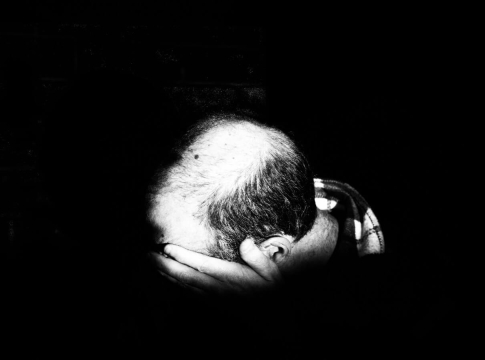
There are still some unsolved questions. Where the Garden of Eden was located is one of these questions. We read about God creating the heavens and the world in Genesis. He expresses His satisfaction as He wraps up His creation with these words:
“And God observed everything he had created, and it was indeed very good.” (See Genesis 1:31)
However, the tale continues. We learn about the creation of man in chapter 2. God creates Eden, the garden, for man:
“And the man whom he had formed was placed in the garden that the Lord God had planted in Eden, in the east.” (Genesis 2:18)
Our reading discussed “a garden in Eden.” This is where? We’ll be honest: we are unable to pinpoint this garden’s precise location. We just aren’t aware of it. But isn’t there more information regarding Eden in the Bible? Indeed, it does.
“A river sprang from Eden to irrigate the garden, where it split into four rivers. The Pishon is the name of the first. It is the same one that surrounded the gold-rich region of Havilah. And that land’s gold is good; onyx and beryllium are found there. The Gihon is the name of the second river. It’s the one that encircled Cush’s entire territory. The third river is called the Tigris, and it originates east of Assyria. The Euphrates River is the fourth river. Genesis 2:10–14
Based on these verses, it is likely that the Garden of Eden was situated somewhere in what is now known as Iraq. Again, though, it is impossible to pinpoint the exact location of the Garden of Eden.
Eden isn’t about the location, it’s about the meaning of life
It appears that we don’t really care where the garden is located. Instead, we ought to concentrate on how applicable the biblical account of the Garden of Eden is to our own lives. Man was perfect in Eden. He had a happy and sinless walk with God. Eden most likely alludes to a luxurious or enjoyable lifestyle. This would be a startling account of Adam and Eve’s lives prior to their transgression against God. We now arrive at Eden’s “dark side.” Because of sin and death, man became subject to them (Romans 5:12). According to Genesis 3:24, he was banished from the Garden of Eden.
The second Eden will come
But even in this dark hour of sin, God’s grandeur remains evident. He promises salvation as a sign of His grace. A Redeemer will appear. Paul the apostle writes:
“Because the one who subjected it to futility did not do so voluntarily; rather, it was done in the hope that the creation would be freed from the bonds of corruption and granted the freedom of the glory of God’s children.” (Romans 8:20–21)
Those who put their faith in God’s one promised Savior—His Son Jesus Christ—in the Garden of Eden will experience this “freedom of the glory of the children of God.” It is only through the completed work—His atoning death on the cross and His resurrection—that one can have communion with God in God’s presence. “Luxury and pleasure” will be the hallmark of this New Jerusalem. See Revelation 7:9 for the description of the large throng that no one can number, who will only rejoice and sing in the Lamb’s blood.
Do you find the Gospel of Jesus Christ to be a source of relationship with God?





